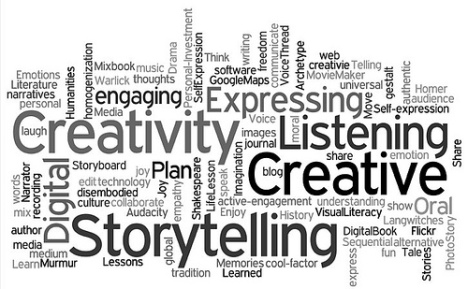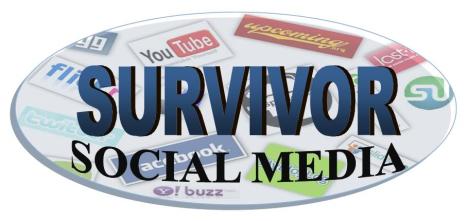All seminar students, please follow our list @nicolapallitt/survivor-social-media on Twitter and include the hashtag #fam2000f to mark all your seminar tweets. You can tweet about the seminar, questions about essay topics, share interesting links on seminar topics, tweet about current events, etc. Last week we spoke about the differences between Facebook statuses and Twitter updates/tweets.

Within social networking sites, the community defines norms through use. However, you will find some people try to institute rules such as how many times one should tweet per day, how a tweet should look and what it should contain, etc. You’re likely to find quotes such as “Twitter is the news made social” whereas Facebook is more individual, personal, etc. However, both platforms involve self-presentation strategies – what info you decide to make public and to whom. Please feel free to comment on how you believe you present yourself on Facebook versus Twitter.
On the one hand, the seminar does impose rules on tweeting practice – ‘formalising’ the platform so to speak – and I think there are interesting tensions that happen. I am in the process of archiving posts and I would like to do a paper on our experiences of using twitter in an academic environment. I do feel you would be tweeting about big current events such as the tsunami in Japan anyway – i.e. even if you weren’t doing this media seminar where you get marks for tweeting about current events. So part of the discussion will be about content, but a big topic will be the rules of speaking – who says what to whom and in which context.
I have tweeted academics in the past, such as some of the authors we’re reading for our seminar and retweeting their tweets – how does this change how we view these people? Do you feel that they are no longer references in an essay and have you ever tweeted an academic with regards to a specific question or topic and what was the result? Very often they do not tweet back, but some do. There are still social boundaries on Twitter despite the potential for students to connect with professionals and academics via Twitter. Is following them enough?
Please comment to this post or send me an email on your Twitter experiences and how you’re finding using Twitter as part of the seminar. What do you think is lost or gained by formalising Twitter ie. making it part of a learning environment such as our media seminar?
Remember, we already have institutional monitoring of social network sites at UCT where you have to agree to university policy before entering the site. What if there is additional policing of Twitter – lecturers, tutors, fellow students? Or am I being paranoid about policing tweeting practices? Imagine students getting community service for hate speech in one of their tweets. What do you think? I am keen to hear your views.
Filed under: social media for learning, Twitter | 1 Comment »












